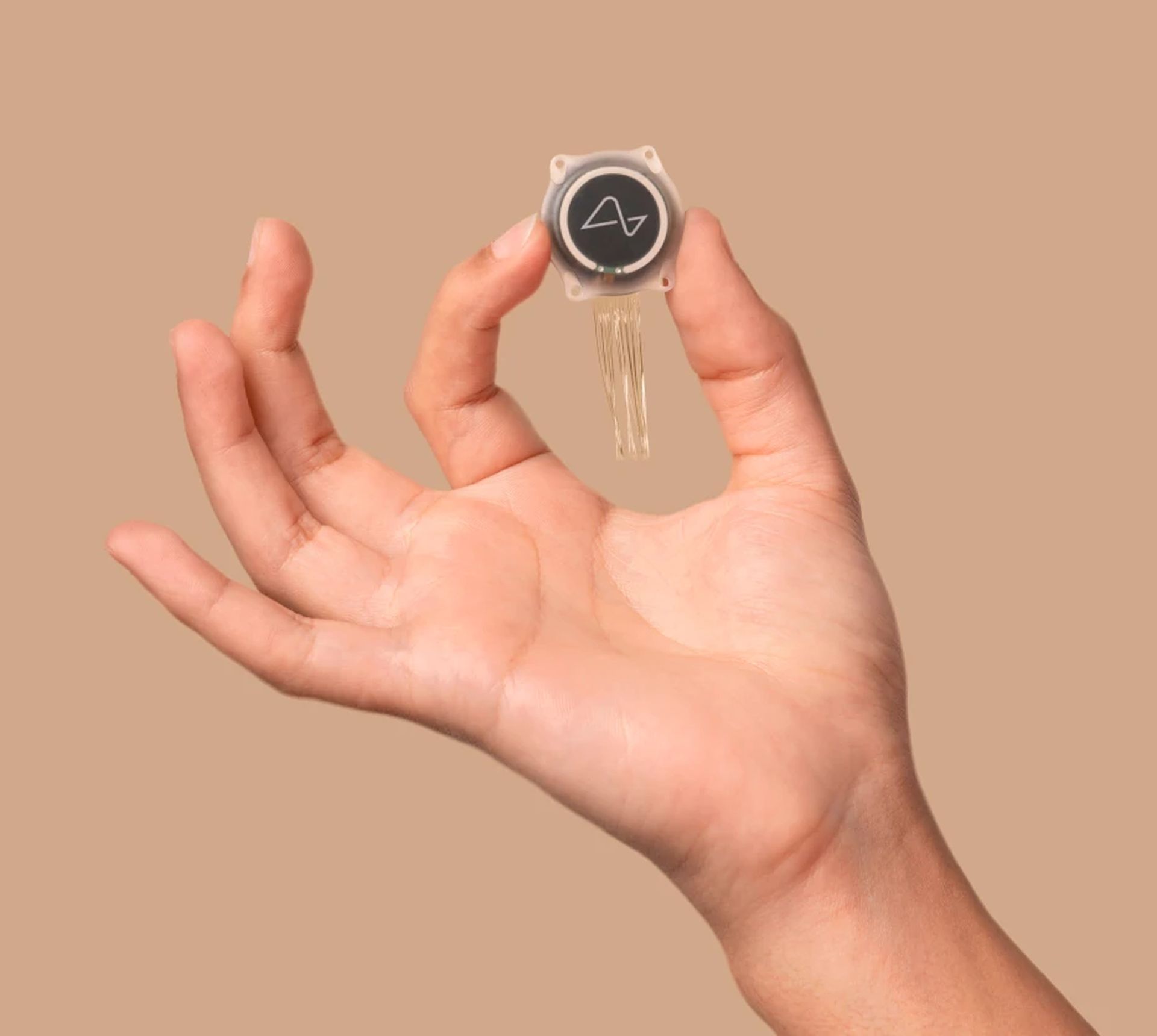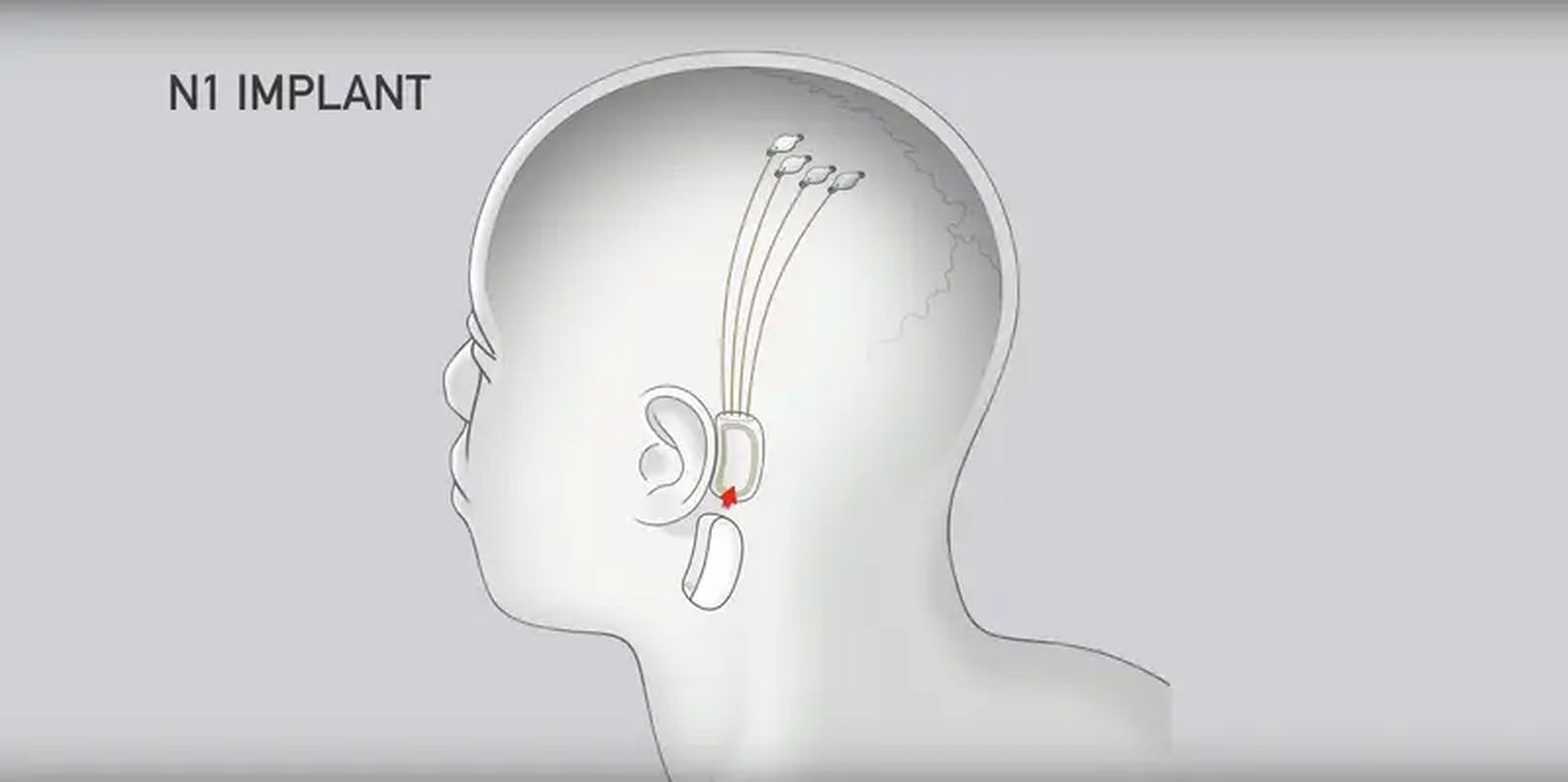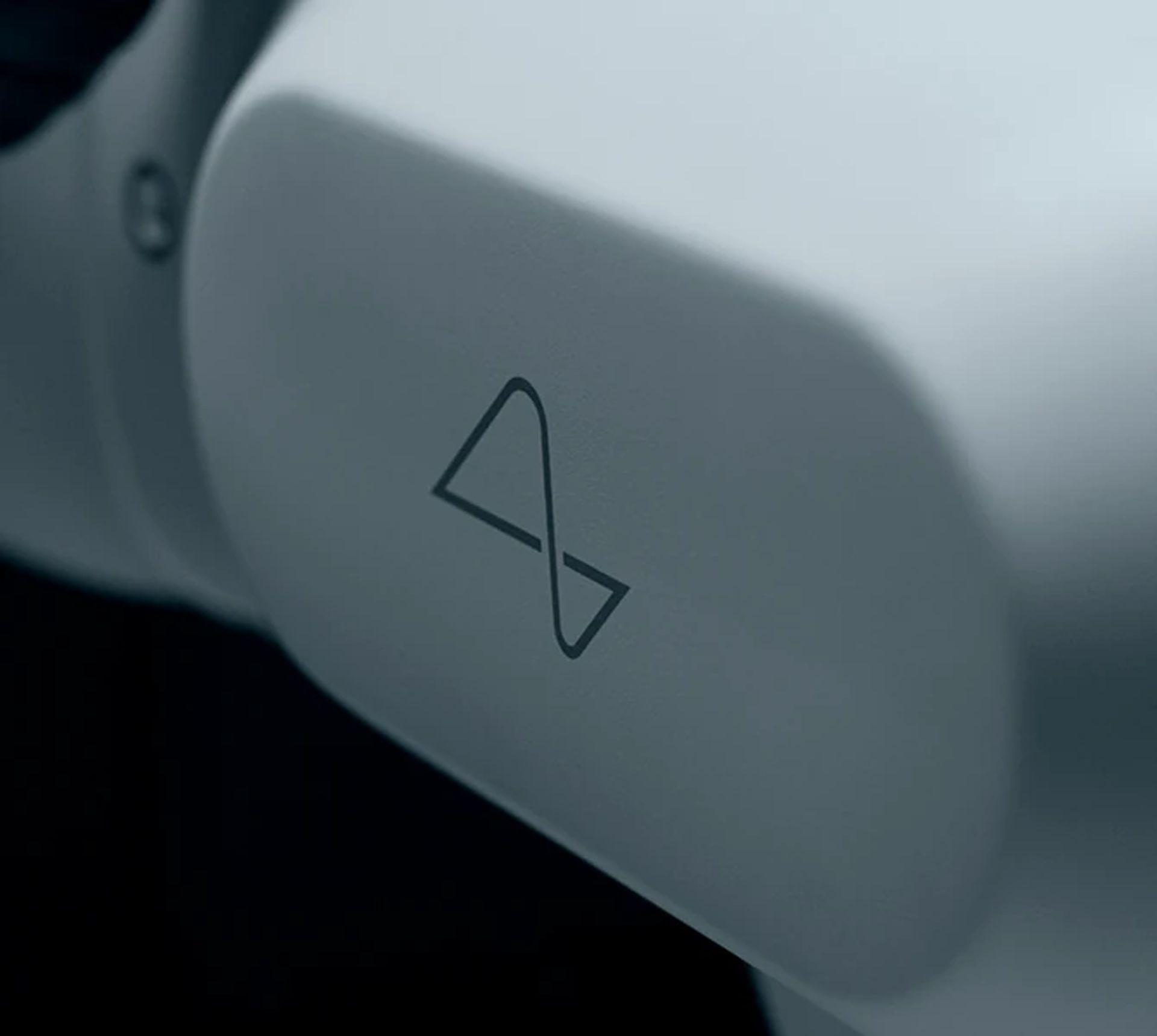Fostered by Elon Musk, brain implant project Neuralink is making waves as thousands of Neuralink volunteers are eagerly lining up for a revolutionary procedure: having a portion of their skull removed to make way for the implantation of one of Musk’s brain chips.
This innovative startup received FDA approval to commence human trials earlier this year, marking a significant milestone in the realm of neurotechnology.

11 Neuralink volunteers will receive the Elon Musk brain implant in 2024
Described by Musk as a “Fitbit in your skull,” Neuralink’s device promises to usher in a new era of human-machine interaction.
Although the company has yet to perform human implantations, plans are in place to operate on 11 individuals in the coming year and over 22,000 by 2030, according to Ashlee Vance, a biographer closely following Musk’s ventures.
FDA approval and safety concerns
The journey to FDA approval was not without its hurdles. Initially rejected due to safety concerns, including potential movement of wires within the head and overheating of the chip, Neuralink persisted and ultimately received the green light for human trials.
This breakthrough paves the way for a future where seamless communication between humans and machines becomes a reality.
First human trial and future prospects
In September, Neuralink initiated recruitment for its inaugural human trial, seeking individuals with paralysis in all four limbs due to spinal cord injuries or ALS. The long-term vision is to establish a symbiotic relationship between humans and machines, enabling tasks like messaging or gaming through pure thought. However, the immediate priority lies in assisting those with neurological disorders.

Vance provides a detailed account of the surgical process. A craniectomy, taking a “couple of hours,” precedes the insertion of the device by a robot in approximately 25 minutes. The device, featuring an ultra-thin array of around 64 threads, seamlessly replaces the removed portion of the skull. These threads are astonishingly thin, measuring just 1/14 the width of a human hair strand.
Animal testing and future aspirations
Neuralink’s journey involved 155 implantation surgeries on various animal subjects, including pigs and monkeys. Musk, known for his ambitious goals, envisions the process becoming even more efficient, with the ultimate aim of performing the surgery without human assistance.
This drive stems from the competitive landscape, as other brain-computer startups like Synchron and Onward have already ventured into human trials.
Many stories have been written about Neuralink and its animal research. In this story, I have the first look at the monkeys, sheep and pigs under Neuralink's charge https://t.co/0rPjdBA9Ha
— Ashlee Vance (@ashleevance) November 7, 2023
The need for speed
Musk’s urgency stems from a desire to stay ahead in a rapidly evolving field. Concerns about unfriendly AI underscore the need to advance at a pace akin to “the world is ending.” However, caution is also sounded within Neuralink’s ranks, emphasizing the importance of a measured approach to ensure success without mishaps.
Neuralink’s foray into brain-chip technology represents a groundbreaking leap toward a future where humans seamlessly interface with machines. With thousands of Neuralink volunteers eagerly awaiting the opportunity to participate in trials, the potential impact on human communication and interaction is profound. As Elon Musk brain implant project Neuralink’s journey continues, the world watches with bated breath, eager to witness the next frontier in neurotechnology.
Meanwhile, if you are one of the highly excited folks who wish to participate in this history-making process, make sure to check out our article on how to sign up for Neuralink human trials.
Featured image credit: Neuralink






